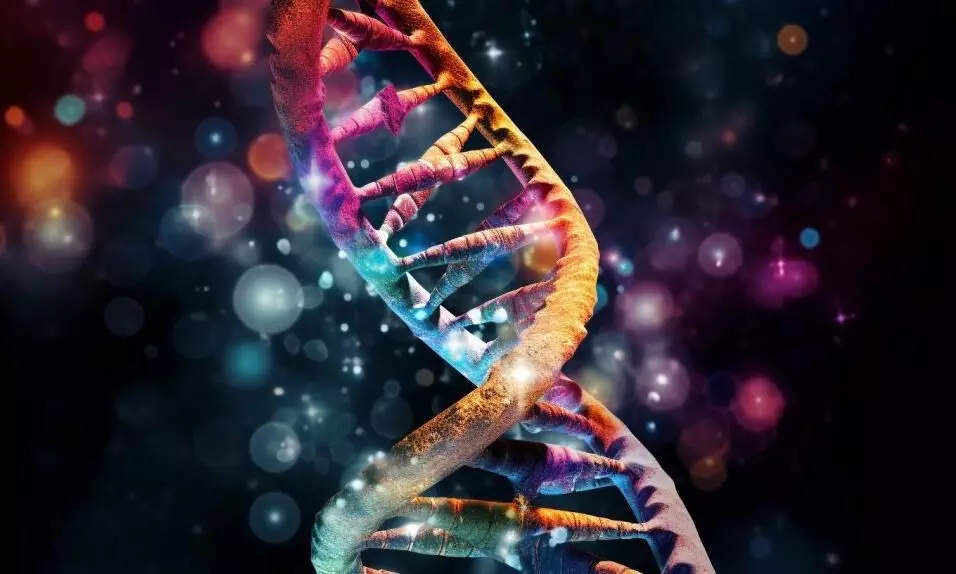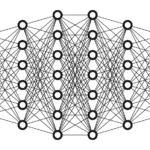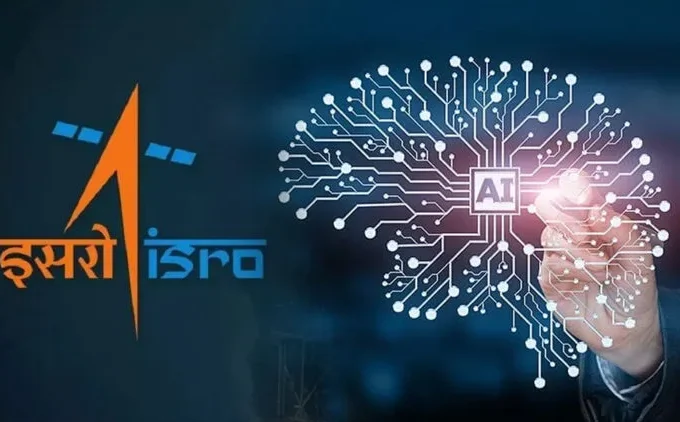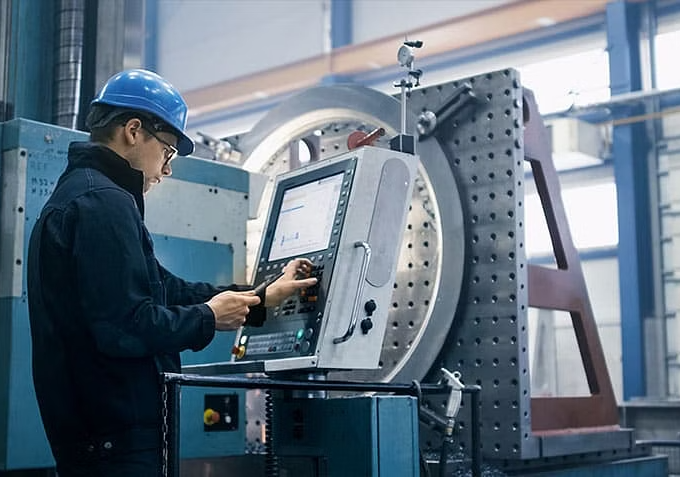In a significant breakthrough in the field of human genetics, scientists have used Google’s DeepMind to develop a program that can predict what genetic mutation could cause diseases and what could remain harmless.
DeepMind has released a catalogue of ‘missense’ mutations, which are genetic mutations that can affect the function of human proteins. This catalogue, developed using their new AI model AlphaMissense, aims to accelerate research into disease diagnosis and treatment development.
Missense variants are single letter substitutions in DNA that result in a different amino acid within a protein.
These changes can significantly affect the function of a protein, leading to diseases such as cystic fibrosis, sickle-cell anaemia, or cancer. The average person carries more than 9,000 missense variants, most of which are benign and have little to no effect.
However, some are pathogenic and can severely disrupt protein function, leading to rare genetic diseases or complex diseases like type 2 diabetes.
The AlphaMissense catalogue was developed by fine-tuning the AlphaFold model on labels distinguishing variants seen in human and closely related primate populations.
Variants commonly seen are treated as benign, while those never seen are treated as pathogenic. The model does not predict the change in protein structure upon mutation or other effects on protein stability. Instead, it uses databases of related protein sequences and structural context of variants to produce a score between 0 and 1, rating the likelihood of a variant being pathogenic.
In a paper published in Science, it was revealed that AlphaMissense categorised 89% of all 71 million possible mutation variants as either likely pathogenic or likely benign.
This is a significant leap from the mere 0.1% confirmed by human experts. The AI model outperformed other computational methods when used to classify variants from ClinVar, a public archive of data on the relationship between human variants and disease.
This development is expected to accelerate research across fields from molecular biology to clinical and statistical genetics. Experiments to uncover disease-causing mutations are expensive and time-consuming, but with AI predictions, researchers can preview results for thousands of proteins at a time, helping to prioritise resources and accelerate more complex studies.
















Leave a comment